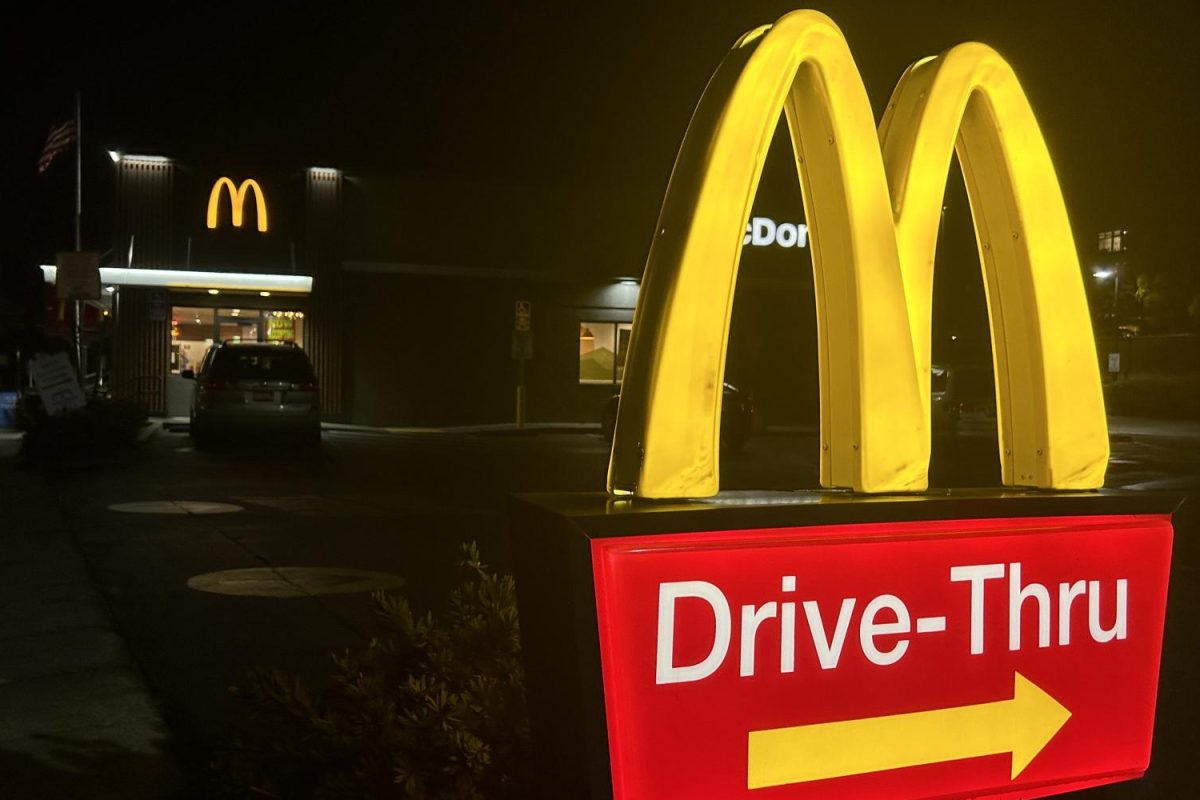The Food and Drug Administration (FDA) announced that fast food wrappers, as well as other food packaging that includes perfluoroalkyl and polyfluoroalkyl substances (PFAS), will no longer be sold in the U.S.
Research shows that PFAS can be affiliated with serious health effects, like cancer, birth defects, and immune system suppression, according to the FDA.
Big Mac burgers, pizza boxes, and microwavable popcorn are all examples of foods with packaging that contain PFAS. The chemicals were in packaging to prevent grease, water, other liquids, and heat from seeping through during delivery and consumption.
“These chemicals easily leach into our environment where they persist for many years and end up in our bodies through the food chain,”said Chris Slafter, a senior sustainability specialist for the San Mateo County Sustainability Department.
In February 2024, the FDA officially announced that PFAS used in anti-grease packaging in contact with foods will officially not be sold in the U.S. Aside from food packaging, they are found throughout our daily activities and meals.
“I know that PFAS can cause cancer, and I think they are also found in nonstick pans, but I did not realize that they were also hidden in our food packaging,” said Lucas Zago, a sophomore at Carlmont.
Some consumers are aware of the negative effects PFAS can cause, but they fail to realize that they are also common in the food people eat.
“Food can be contaminated through soil and water used to grow the food, through the concentration of these substances in animals through feed and water, or processing equipment that contains PFAS,” said Aditi Desai, a student at Princeton.
Ridding packaging containing PFAS from the U.S. markets aims to address any harmful dietary exposures from certain food contacts, according to the FDA.
“Bans like this bring to the public’s attention that our current regulatory scheme in the U.S. makes it possible for industries to knowingly include harmful chemicals in their products,” Slafter said.
At the beginning of 2020, the FDA took action to reduce usage of PFAS in food packaging.
“I have seen many businesses switch to cardboard and paper packaging,” said Ashlynn Son, a sophomore at Carlmont.
As years passed, more and more companies voluntarily began cutting down their use of PFAS in packaging.
“I have not noticed any major changes in food packaging since many companies are focusing on sustainability and being able to compost and recycle their packaging,” Son said.
Despite the ban, there are alternatives for manufacturers to change their food packaging.
“Other alternatives of food packaging include silica-based coatings. Silica, which is found in soil, rocks, and sand, can be used to create water and oil repellent coatings without relying on PFAS chemistry,” Desai said.












